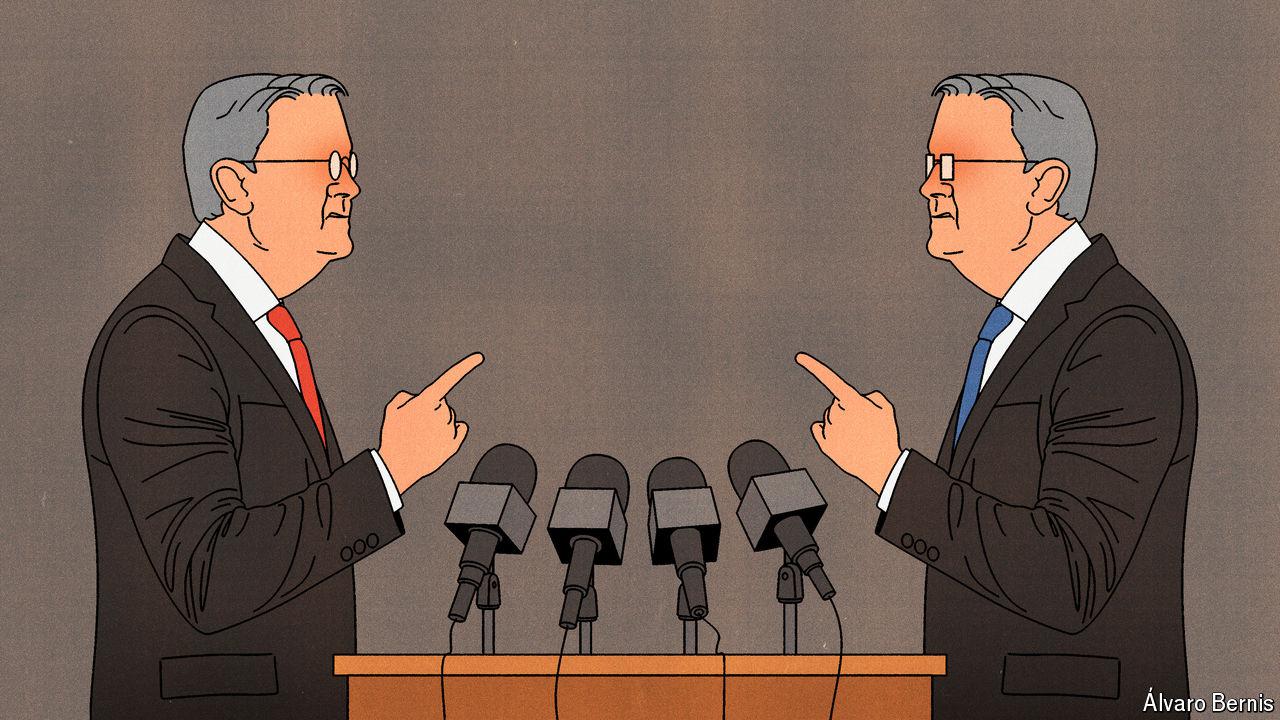Should central bankers argue in public?

Illustration of two identical men, wearing glasses and suits, are standing behind a podium with multiple microphones, facing each other and pointing fingers. One man is wearing a red tie, and the other is wearing a blue tie.
2024-08-08 1009词 困难
Bank of England (BoE) policymakers were, meanwhile, sitting as comfortably as could be expected given the circumstances. On August 1st they had voted to cut rates from 5.25% to 5%. What at first glance may appear a straightforward story of better judgment in fact reveals deeper truths about how monetary policy is set. The BoE’s decision was made by the barest of margins. Five doveish members outvoted four more hawkish colleagues, who wanted to hold firm. The Fed, which puts far more value on consensus, would be unlikely to see such a split. In many other countries, it would be impossible: monetary policymakers debate behind closed doors and then present a united front in public.
经济学人和华尔街日报的文章是会员专属
请加入会员以继续阅读完整文章
成为会员后您将享受无限制的阅读体验,并可使用更多功能
免责声明:本文来自网络公开资料,仅供学习交流,其观点和倾向不代表本站立场。